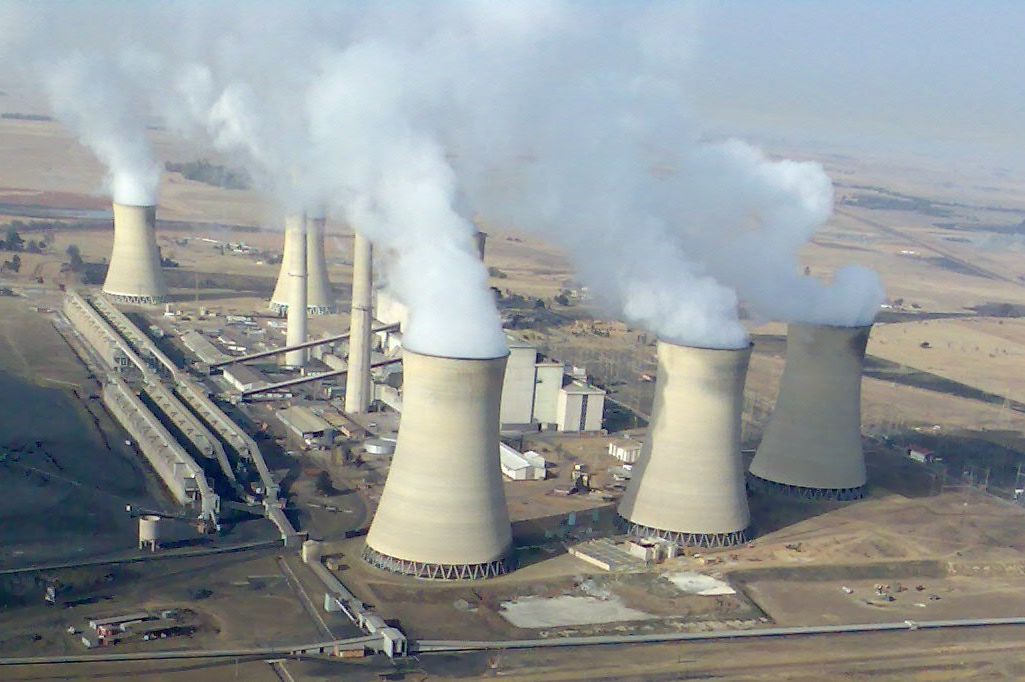South African utility Eskom has issued an expression of interest for “Decomissioned Power Station Repurposing.”
The state-owned company said that some of its coal-fired power plants are approaching the end of their 50-year design lifecycles. It added that a number of units have already been scheduled for decommissioning over the next decade.
“Furthermore, national legislation requires decommissioned power plants, together with their surrounding brownfield sites, to be rehabilitated and for rigorous post-decommissioning environmental impact monitoring regimes be implemented,” it said.
Eskom is seeking proposals on how to “repurpose” old, dirty power plants with technologies that support low-carbon growth, enterprise development, and sustainable job growth.
“It is vital that innovative solutions with a win-win value proposition be sought and explored to mitigate the potential negative impacts of Eskom’s decommissioning programme on all stakeholders,” the utility added.
Three plants
Eskom said the proposed solutions should be at the tech-readiness level. “Submissions should be in the form of a conceptual business case, not exceeding 25 pages, containing the high-level concepts and a technical and economic overview of the solution,” it explained. “The proposal should focus on repurposing of Komati, Grootvlei and Camden power stations.”
Popular content
It is unclear whether the tender will provide more room for large-scale solar and renewables outside of the country’s REIPPPP scheme. But what is certain is that PV is a low-carbon technology, has reached a technology-readiness level, and supports sustainable job growth.
The new tender, together with another one for a small solar project issued in October, follows the recent publication of South Africa’s new Integrated Resource Plan (IRP), which aims for up to 6 GW of new large-scale solar by 2030, as well as up to 6 GW of distributed-generation capacity.
Load shedding
The Covid-19 pandemic, meanwhile, has helped Eskom to temporarily resolve load-shedding challenges. In late March, the company issued a statement to warn electricity consumers that, due to the ongoing crisis and low energy demand, it did not expect any load shedding during the country's lockdown period.
Load shedding is a well-known concept among South Africans and occurs when Eskom cuts power supplies because demand on the network is too much for it to handle.
Eskom is working on unbundling its energy monopoly, as it suffers frequent blackouts, in part due to maintenance issues at its aging coal-fired power plants.
This content is protected by copyright and may not be reused. If you want to cooperate with us and would like to reuse some of our content, please contact: editors@pv-magazine.com.



There are but one reliable option without negative effects: Thorium Molten Salt Reactor like in LFTR – very little radio-active waste, lots of energy, no water need, SAFE, no free Plutonium, no proliferation and high temperature use for heating, water desalination and industrial use.
You may publish my e-mail address.